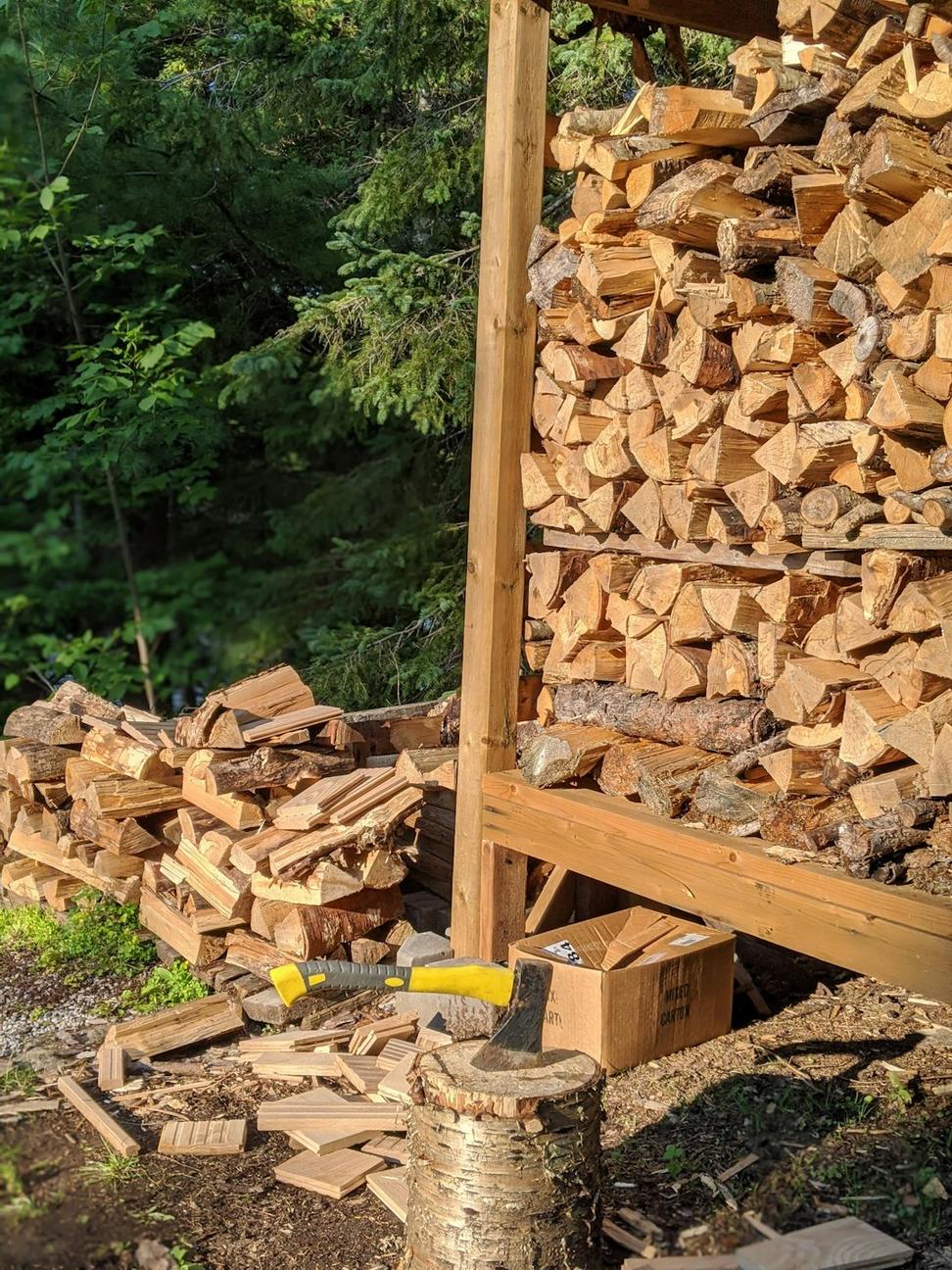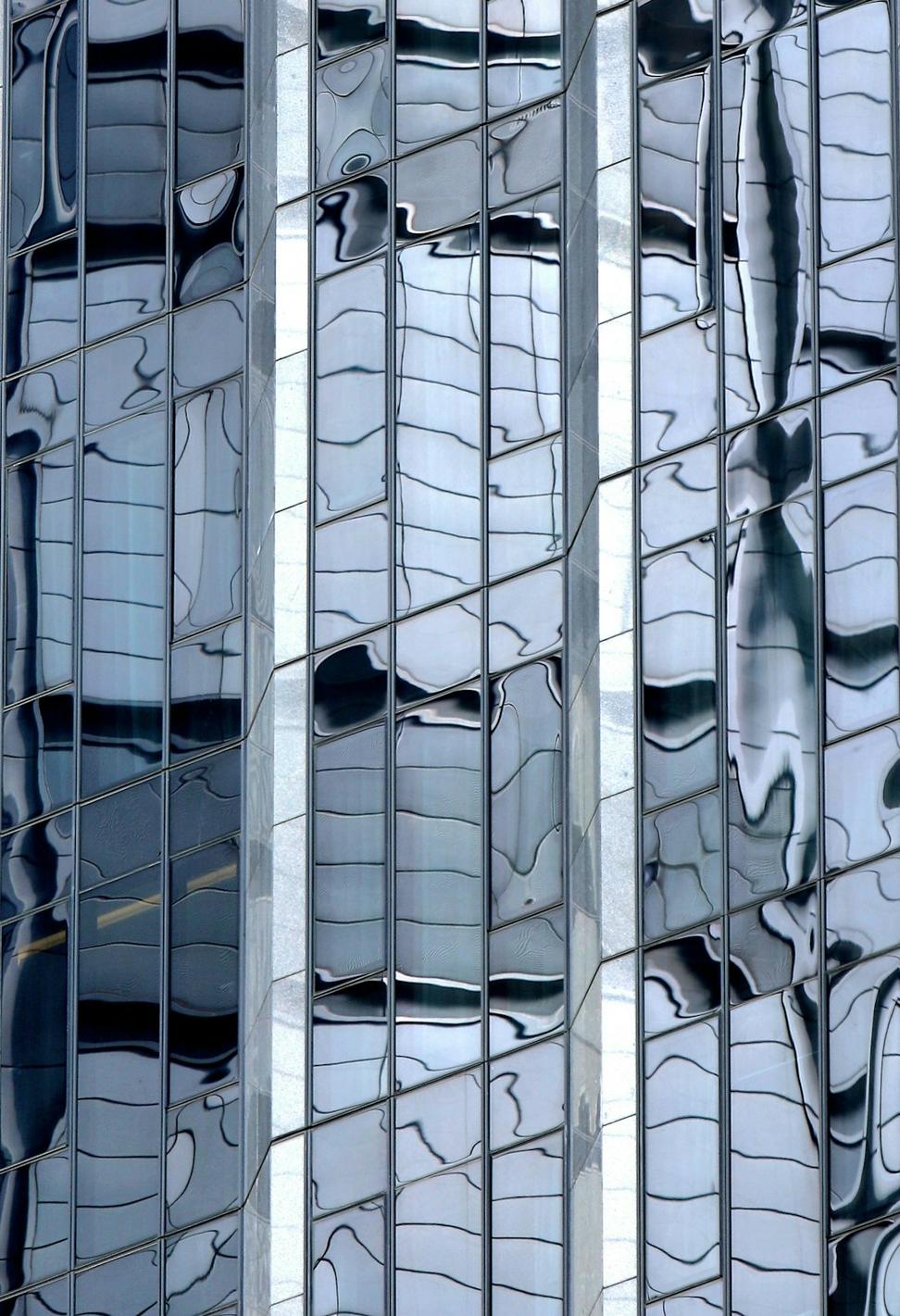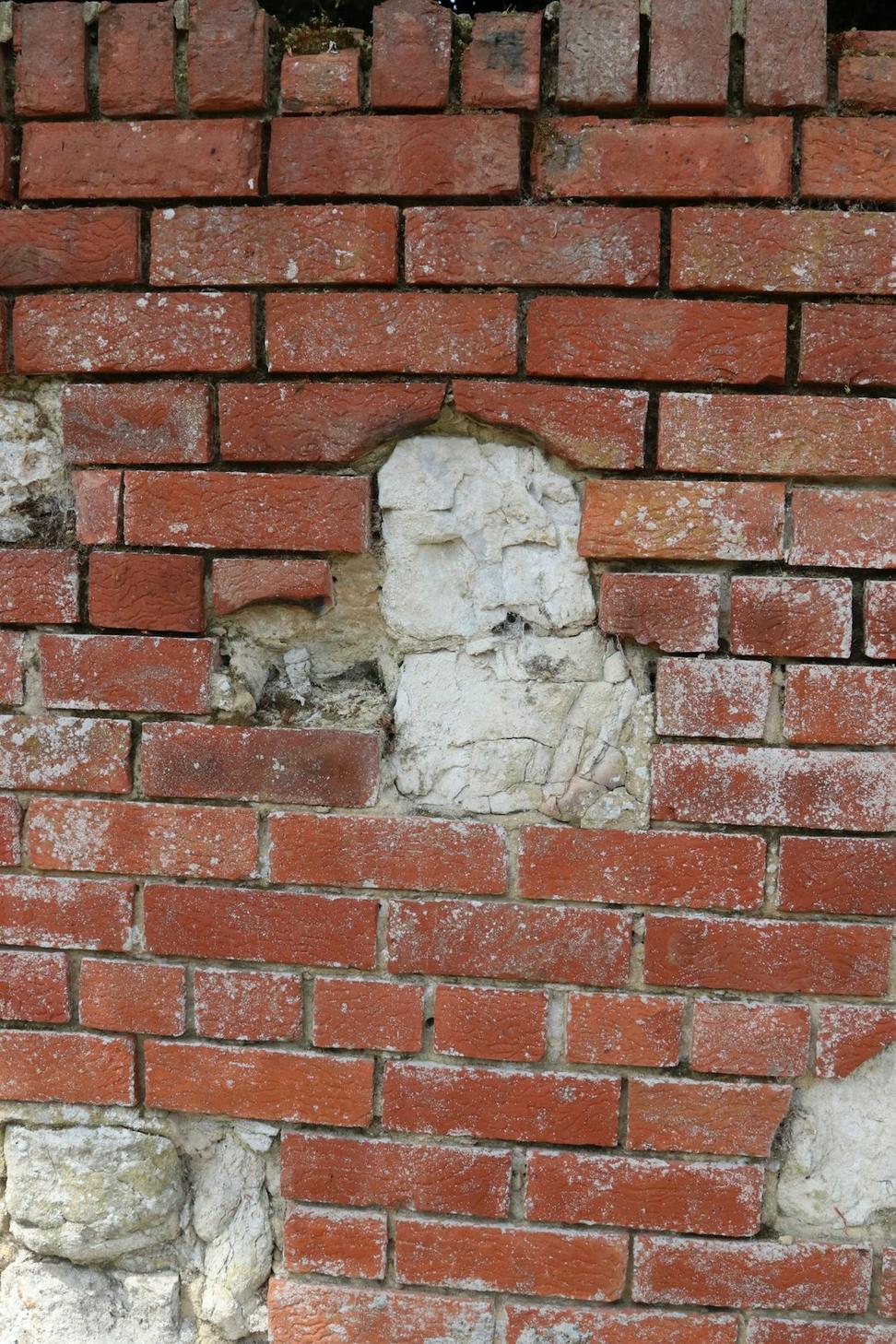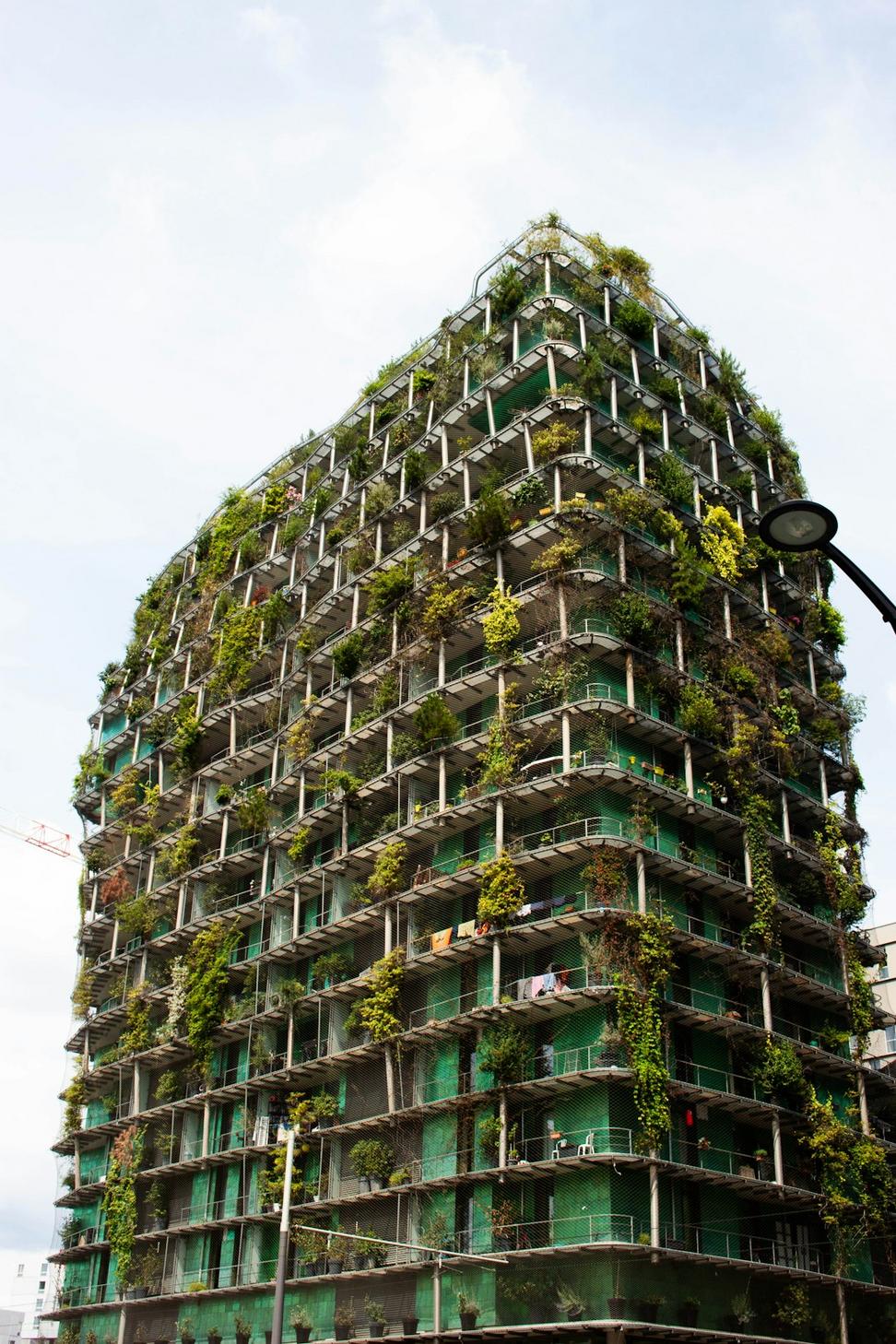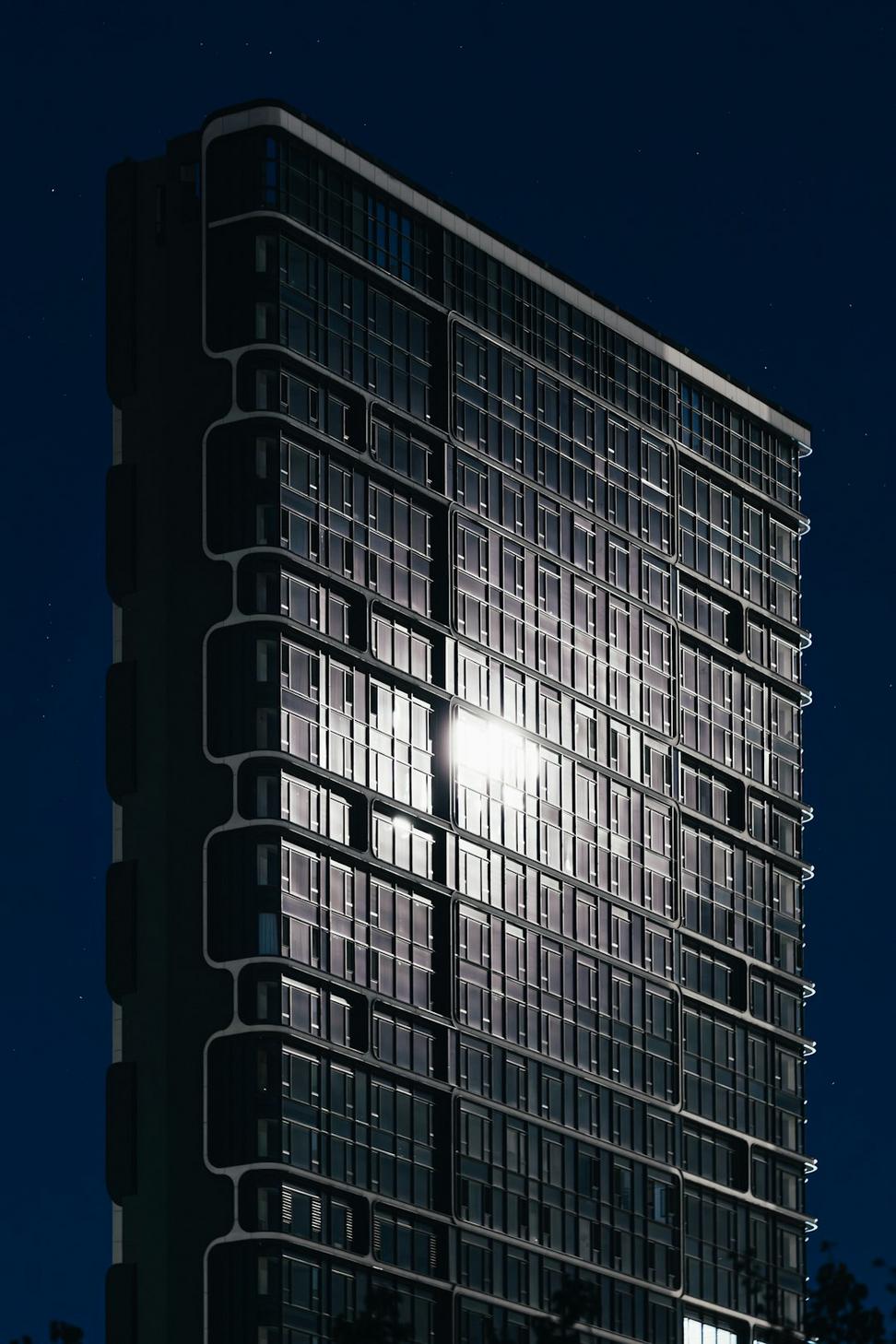
Our Environmental Journey
Started back in 2015 when one of our founders visited a LEED Platinum building in Vancouver - totally changed how we think about materials, energy, and honestly, the whole point of what we do.
Now every project gets the same treatment: can we cut the carbon footprint? What's the lifetime energy cost? How do the materials actually perform in Toronto's crazy weather? These aren't afterthoughts anymore - they're where we start.
